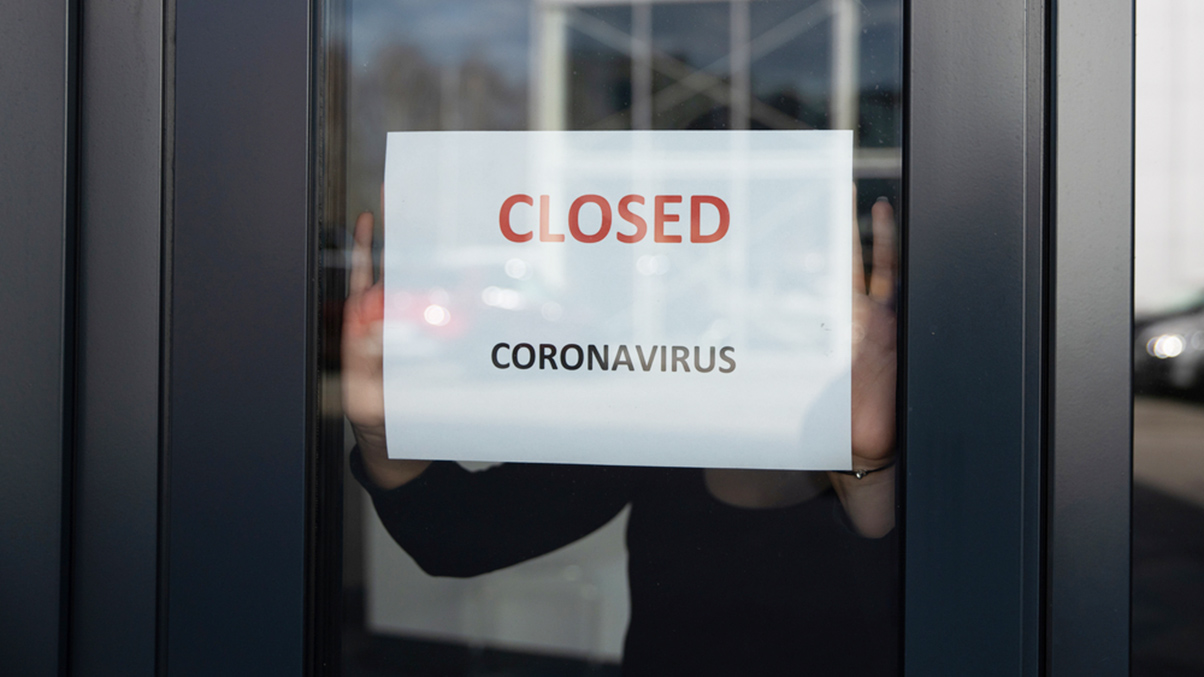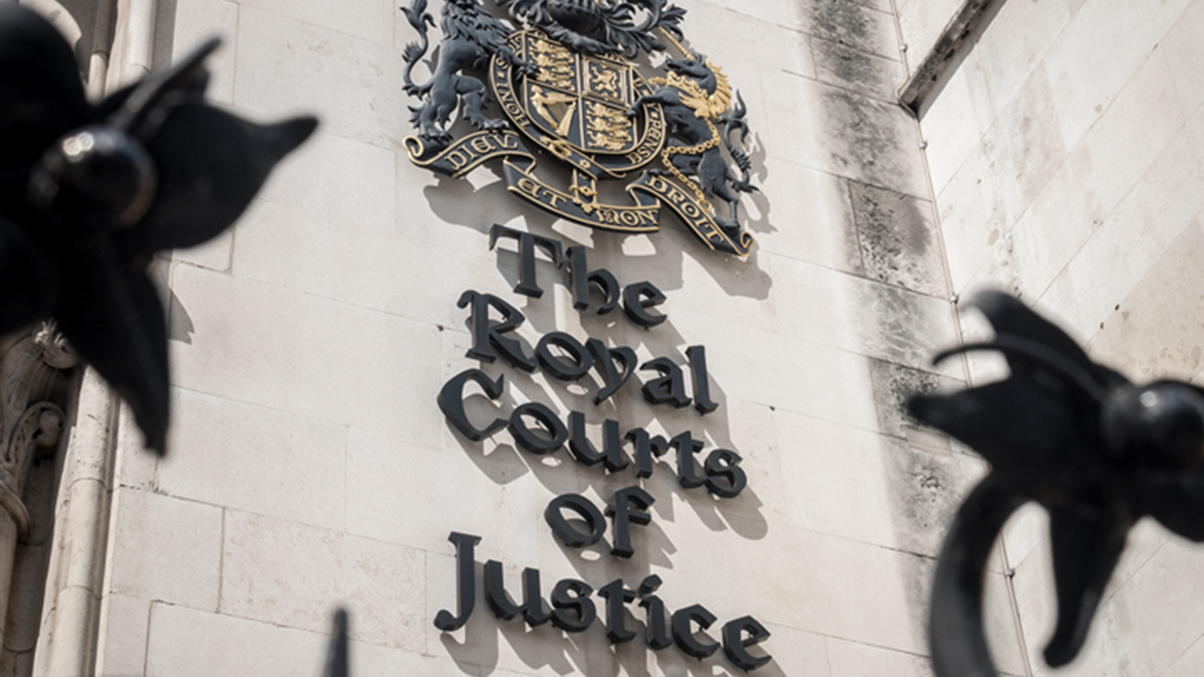Lord Justice Flaux and Mr Justice Butcher have handed down judgment in FCA v Arch Insurance (UK) Ltd and others, a test case brought by the Financial Conduct Authority (FCA) seeking legal clarity on the meaning and effect of certain non-damage business interruption (BI) insurance policy wordings.
Background to the claim
As a result of the significant losses that businesses have suffered since the start of the Covid-19 pandemic, there has been a large number of claims under BI insurance policies.
To assist the swift resolution of these claims, the FCA, in conjunction with eight insurers, selected a representative sample of 21 policy wordings for the court to rule on. The policies selected were those offering protection where businesses suffer following disease outbreaks (known as “Disease Clauses”), denial of access to premises by a public authority, or a mixture of the two (known as “Hybrid Clauses”).
Decision
The decision of the court has been hailed as a victory for policyholders. In the majority (but not all) of the considered clauses, the judges favoured the arguments put forward by the FCA on policyholders’ behalf based primarily on well-established rules of construction.
Disease Clauses
Such clauses provide cover in respect of business interruption in consequence of or following the occurrence of a notifiable disease, usually within a specified radius of the insured premises. Insurers’ attempts to limit the scope of such clauses to interruption or losses if they were caused by the relevant local outbreak (as opposed to the government’s national response to Covid-19) were rejected. The court held that most of the policies covered losses resulting from the relevant disease rather than the local outbreak and a disease such as Covid-19 (like SARS before it) will often have a much broader impact on a business.
For example, where one policy covered business interruption due to disease in the “vicinity” of the insured premises, the court held that a reasonable person would have understood the parties to mean an area “whose extent would depend in part on the nature of the relevant ‘event’, but which could be very extensive, and indeed nationwide”.
In respect of a clause which stated that there was cover for “…interruption or interference with the Business during the Indemnity Period following … any… occurrence of a Notifiable Disease within a radius of 25 miles of the Premises”:
- The court held that the insured would be covered for “any business interruption which an insured can show resulted from COVID-19, including by reason of the actions, measures and advice of the government, and the reaction of the public in response to the disease, from the date when the disease occurred in the relevant 25 mile radius.”;
- However, the court noted: “The relevant Indemnity Period only starts with the first occurrence of a Notifiable Disease within the 25 mile radius… Accordingly, to the extent that there was business interruption or interference related to COVID-19 before that date the insured could not claim for it.”
The court’s focus on the wording of the policies was evident from one of the policies, where the clause stated that the insured was covered for loss resulting from interruption “in consequence of” a notifiable disease within a specific area. The court said that these words implied a causal relationship. Therefore, unlike other clauses that responded to the disease itself (rather than the local outbreak), the insured would only be able to recover if they could show that the cases within the radius, as opposed to any elsewhere, were the cause of the business interruption.
Prevention of access clauses and Hybrid Clauses
The judges went on to consider policies which provided cover for (in addition to or without Disease Clauses) the prevention or restriction of access to business premises. They were less generous to policyholders in their rulings in this regard.
For clauses that provide cover for interruption for “restrictions imposed” or “restrictions placed” by a public authority on premises, the court held that only those restrictions that were made law would count. Guidance, such as that issued by the prime minister on social distancing, was not sufficient, nor were cases where employees or customers decided not to visit premises, notwithstanding that they were legally permitted to do so.
This will disappoint businesses that suffered losses both at the beginning of the year (before the Health Protection (Coronavirus, Business Closure) (England) Regulations 2020 came into force on 21 March) and in recent months when, although there has been no forced closure of their businesses, they have suffered losses because the public is, for example, shopping or dining out less as a result of social distancing guidelines.
The court also held that where policies cover BI where there is an “inability to use” premises, there is no cover merely because the insured cannot use all of the premises. Equally, there will not be an “inability to use” premises by reason of any and every departure from their normal use.
Similarly, the court issued some practical guidance for pubs and restaurants with “prevention of access” cover, stating that where they closed completely in response to the 21 March regulations, there was a qualifying prevention of access from the moment of closure.
If the business then set up a takeaway service that it had not carried on before, there was still a qualifying prevention of access, since that takeaway business was fundamentally different from the business described in the policy schedule. However, if the business had an existing takeaway service, which it continued to operate from the premises, then there was no prevention of access and, therefore, no cover. This is in contrast to policyholders who have the protection of more generous clauses covering “hindrance in access”, who would be covered in situations where people were only allowed to access premises for limited purposes.
Causation – proving the extent of loss
On arguments about causation, the insurers placed heavy reliance on the decision in Orient-Express Hotels Ltd v Assicurazioni Generali SpA seeking to argue that even if cover was triggered under the various clauses, they would not be liable because the ‘relevant trends’ clauses allowed for adjustments to profit figures to be made to take account of the wider effects of the Covid-19 pandemic.
In a victory for policyholders, the court distinguished the two cases, stating that Orient-Express was simply not concerned with the type of insured perils involved in the FCA’s case. Further, the court went on to say that had it been necessary to do so, it would have held that Orient-Express had been wrongly decided. This is because the judge in Orient Express focused only on the “but for” causation issue and did not pose the question of what was the proximate cause of the loss claimed? In the opinion of Lord Justice Flaux and Mr Justice Butcher, this “must be the primary question in relation to claims under contracts of insurance”.
Final thoughts
Unless successfully appealed, the judgment is legally binding on the defendant insurers in respect of the interpretation of the representative sample of policy wordings considered by the court. On the first day of trial, the FCA said that 370,000 small businesses would likely be affected by 21 sample policies addressed by the judgment. Further, the judgment provides persuasive guidance for the interpretation of other similar policy wordings and claims.
While the FCA has publicly stated that the judgment is “welcome news” for policyholders, and the case was intended to guide insurers towards a consistent approach in answering claims, each case will turn on both the wording in the individual policies and the circumstances of each insured party.
It is expected that the defendant insurers may appeal the decision. Despite the FCA encouraging insurers to reassess and settle claims quickly, any appeal is bound to delay pay-outs under policies. That said, it has been agreed that any appeal will be heard on an expedited basis, including the possibility of the appeal being ‘leapfrogged’ to the Supreme Court.
Assuming the decision is upheld, the UK insurance market will be forced to pay claims which it did not expect to pay and did not reserve for. None of the clauses analysed were drafted specifically to cover pandemics but, in many cases, were broad enough to allow the unexpectedly large impact of a global pandemic to be covered. Indeed, the Association of British Insurers has said that its members expect to pay £900m in business interruption insurance claims this year due to the pandemic.
The next step in the case is a hearing to deal with consequential matters (which the court has agreed to live-stream if it is heard remotely) when we should find out if the insurers intend to appeal.
Update – 4 November 2020
Following the judgment in the High Court, the FCA and some of the insurers filed appeals in respect of a number of aspects of the judgment. The Supreme Court has, this week, granted permission to those parties to appeal and set a date for a four day hearing from 16 November 2020.
The Supreme Court has summarised the scope of the appeal as follows:
1. Certain matters of construction relating to:
- “Disease Clauses” (i.e. those which can be triggered by the occurrence of severe acute respiratory syndrome coronavirus 2 (“COVID-19”), typically within a specified distance of the insured’s premises);
- “Prevention of Access Clauses” (i.e. those triggered by public authority intervention preventing access to, or use of, premises as a result of COVID-19); and
- “Hybrid Clauses” (i.e. those clauses which contain wording from both Disease and Prevention of Access Clauses), and
2. Whether the Divisional Court was correct:
- to apply certain counterfactual scenarios in relation to the operation of the clauses in relevant policies which provided for loss adjustments (the “Trends Clauses”); and
- in its analysis of Orient-Express Hotels Ltd v Assicurazioni Generali S.p.A.
The swift response by the Supreme Court to the appeal applications demonstrates the Court’s appreciation of the need for clarity for policyholders and insurers that have been affected by the FCA’s test case. The hearing will be available to be viewed by video link.
Covid-19 is impacting individuals and companies around the world in an unprecedented way. We have collected insights here to help you navigate the key legal issues you may be facing at this time.
You can find further information regarding our expertise, experience and team on our Commercial Litigation pages.
If you require assistance from our team, please contact us or alternatively request a call back from one of our lawyers by submitting this form.
Subscribe – In order to receive our news straight to your inbox, subscribe here. Our newsletters are sent no more than once a month.








